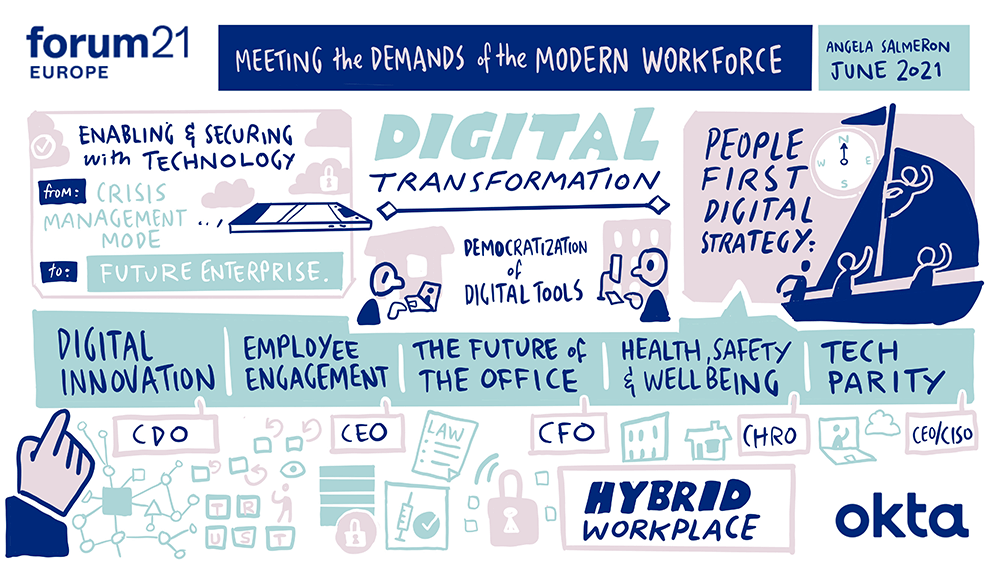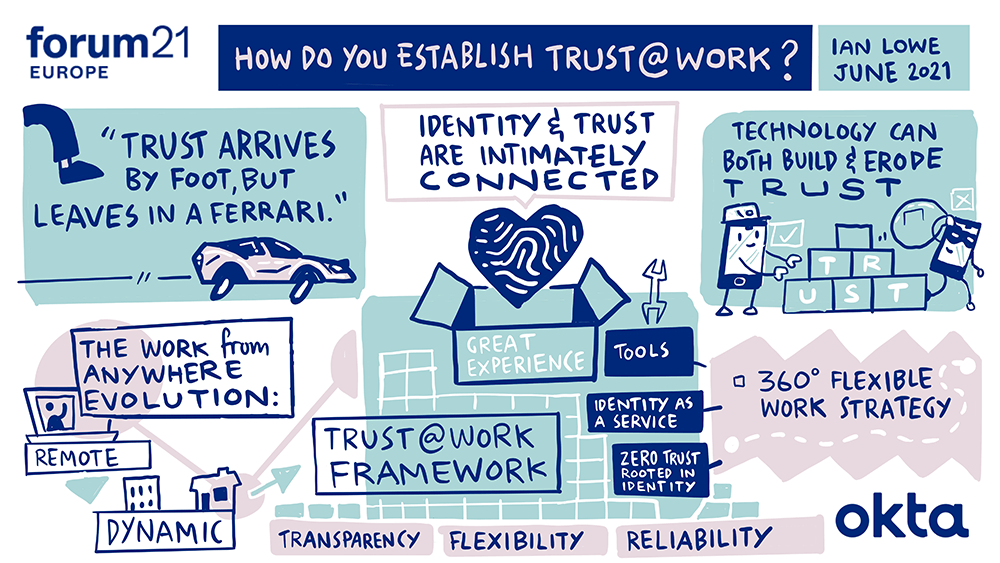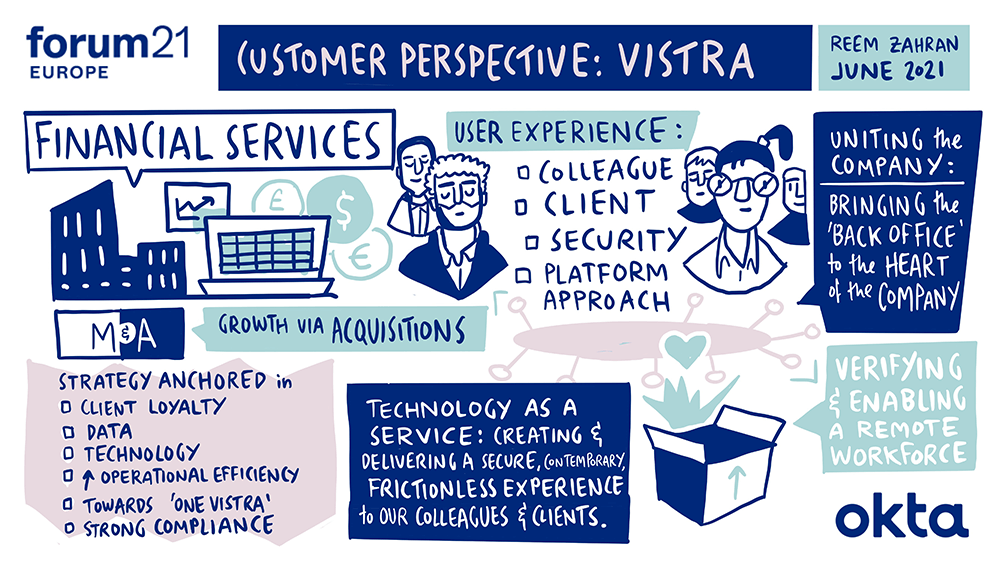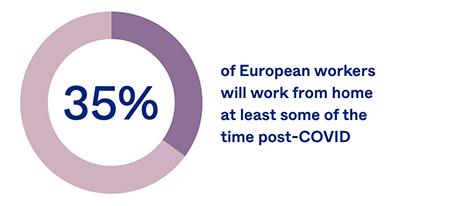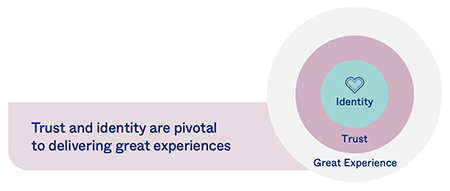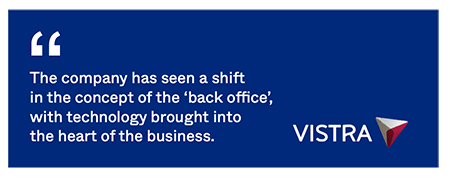![Vistra Quote]()
Vistra is a professional services company for the financial services, private wealth and capital market sectors. It has grown significantly through acquisition in recent years and its focus now is on consolidation, harmonisation, and bringing disparate technology systems and strategies together.
When Covid hit, the company faced big challenges - more than 80% of its workers were still using desktop computers. People were used to simply asking the office IT team for support. Rolling out Okta has been a gamechanger, enabling self-service, simple login through Single Sign On and accelerated access to apps via the Okta integration network.
Since rolling out Okta and implementing key infrastructure changes, the company has created a shift in the concept of the ‘back office’. Technology has been brought into the heart of the business, with operations, business and IT working together to deliver against a common purpose.
On zero trust, the company is committed to maturing its security posture. Through continual training and board reviews, it seeks to raise the profile of security and optimise its perception among colleagues, with the ultimate goal of realising a true ‘always verify’ model.
